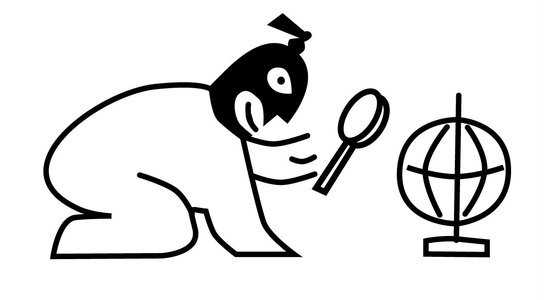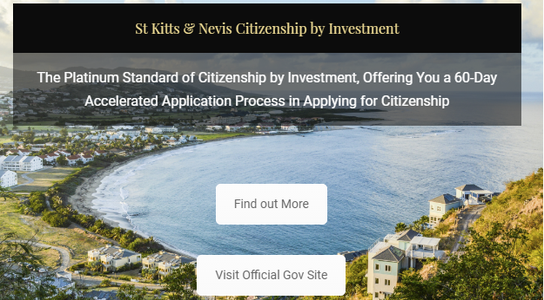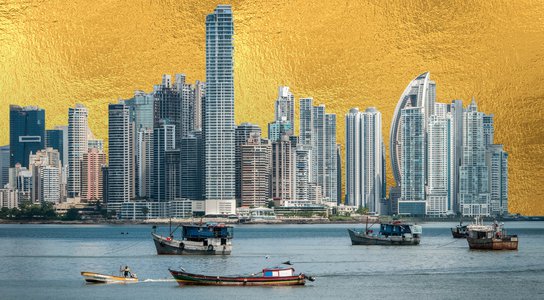As former grand slam champ Boris Becker finds himself embroiled in a diplomatic dispute, we give you a who's who of the criminal and corrupt abusing ambassadorial powers to evade the law.
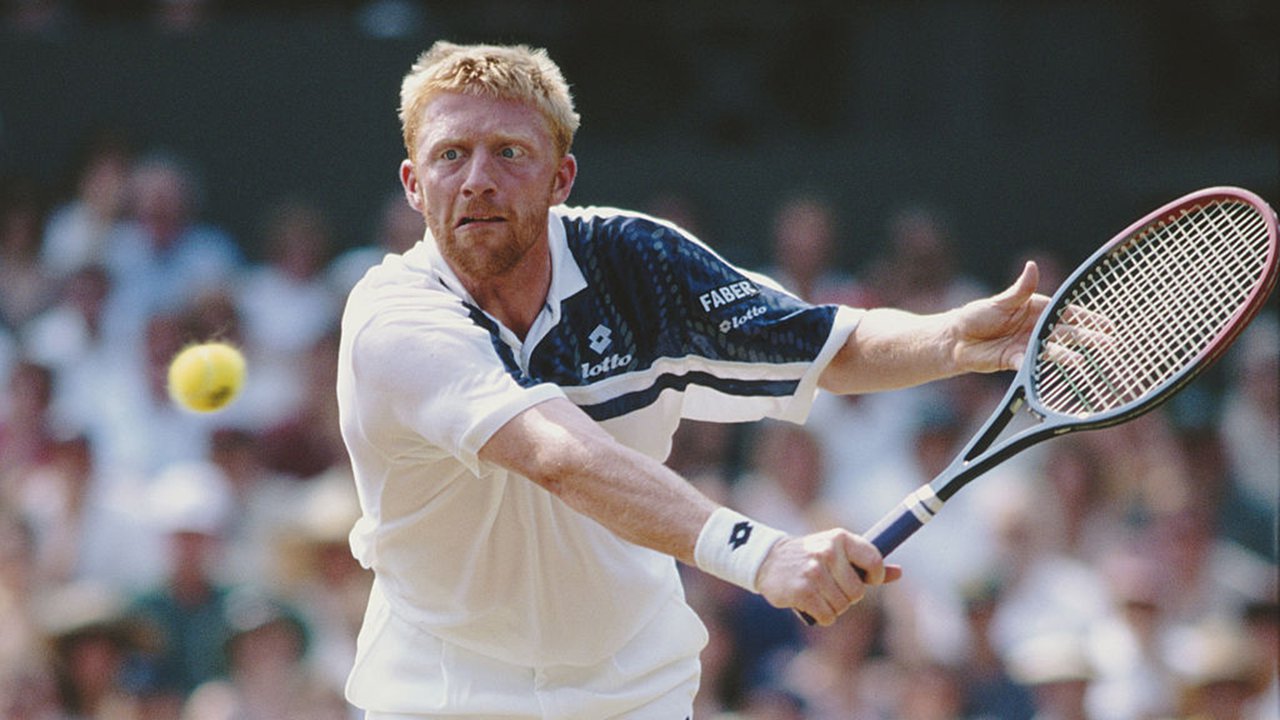
Boris Becker during the 1995 Wimbledon final. Credit: Clive Brunskill/Getty
Last week, news surfaced that six-time Grand Slam winner Boris Becker was defending himself against bankruptcy proceedings in London. Perhaps reminiscing about his 1987 decision to spit at an umpire, Baron Von Slam has once again hocked up an almighty greenie for the faces of authority, this time crying diplomatic immunity in an attempt to avoid declaring himself broke.
But what is diplomatic immunity and how has Becker claimed it?
Thought up as part of the 1961 Vienna Convention on Diplomatic Relations, diplomatic immunity enables ambassadors to work unhindered in foreign and often hostile states. As a principle, a degree of protection for those engaged in politics and diplomacy is vital. Unfortunately, it’s also one that has seen more abuse than Becker’s rackets and liver combined.
According to the former tennis superstar, he became the Central Republic of Africa (CAR)’s cultural and sport attache in April of this year, making him entitled to this protection; one which he has not hesitated to put to work to try to avoid paying an undisclosed amount of money to a private bank. And just when we thought Becker’s story couldn’t relate more to our work, CAR officials have spoken out to dispute Becker’s claim. Allegedly, his diplomatic passport is one of a batch stolen in 2014, making it illegitimate. You’re spoiling us, Mr. Becker!
At Global Witness, we know that such abuses of these passports and visas are widespread. But is it surprising? If you’re tired of stringent tax laws and playing by the rules; if you’re worried that your involvement in anything from financial foul play to murder could land you in jail; and if you’re eager for the right to unimpeded travel and investment (particularly if you have a criminal past that has restricted your right to do so), diplomatic status and the immunity it brings with it is the golden ticket.
And, rather than having to eat your way through half a tonne of chocolate in search of the invite, access to this real life chocolate factory of cash rivers and international impunity are available from corrupt officials in vulnerable countries for just a few hundred thousand dollars. Much like Roald Dahl’s cautionary tale, the global cohort of illegitimate diplomats consists of the greedy, gluttonous and downright criminal.
Diezani Alison-Madueke
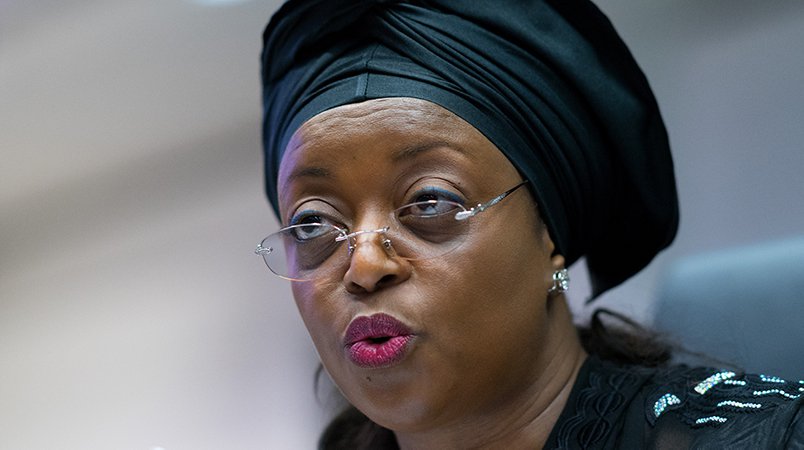
Former Nigerian Oil Minister, Diezani Alison-Madueke. Credit: Joe Klamar/Getty
Presumably based on her reputation as an honest and law-abiding politician, Alison-Madueke became the Commonwealth of Dominica’s Trade and Investment Commissioner in 2015. Having snapped up millions of pounds worth of property in the UK, ‘The Madam’ found herself facing money laundering charges and, in the same year she became an ambassador for the island, attempted to flee to Dominica. Not only coincidental in timing, her appointment was a sham. According to Dominican politician Lennox Linton, Alison-Madueke did even less for the island than she had for the Nigerian treasury’s balance sheet.
Teng Bunma
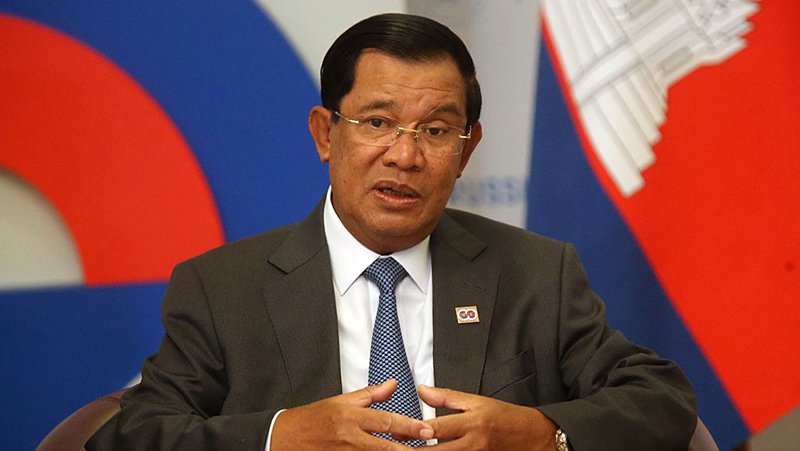
Cambodian Prime Minister, Hun Sen, whose government gave alleged drugs trafficker Teng Bunma a diplomatic passport. Credit: Mikhail Svetlov/Getty
A business tycoon and adviser to Cambodia’s ruling party prior to his death, Bunma sounds like the perfect candidate for a diplomatic role. What may have hindered his hopes of becoming Cambodia’s Next Top Ambassador, however, were the frequent allegations of drug trafficking made against him, which led to his barring from the US. A frequent flyer (no prizes for guessing why given his suspected side hustle), Bunma once shot out the tires of an airplane due to a lack of satisfactory service from airport staff. Diplomacy at its finest!
Jamil Al Sayyed
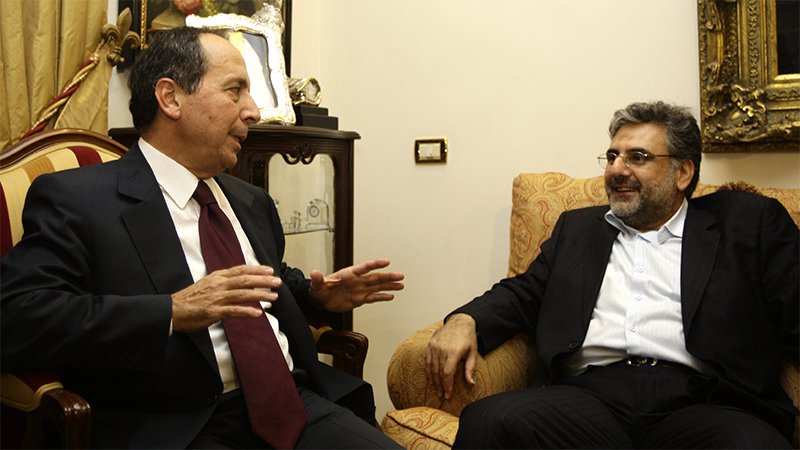
Jamil Al Sayyed, left, with Hezbollah official, Nawaf al-Mussawi. Credit: Anwar Amro/Getty
Who knew that links to Hezbollah and a rap sheet for political assassination could land you a job at a Caribbean embassy? For Jamil Al Sayyed, the career change seemed simple. Unfortunately for the former Lebanese general, after becoming the Marshall Islands delegate to UNESCO in 2014, he had his status revoked just months later when a Le Figaro journalist suggested that his interest in a UNESCO position may not have been due to a penchant for international law and order. Though he may have been unpopular among his UNESCO contemporaries, his recent winning of a parliamentary seat in Lebanon suggests he may have seen the worth in the ballot over the bomb.
The Khrapunovs
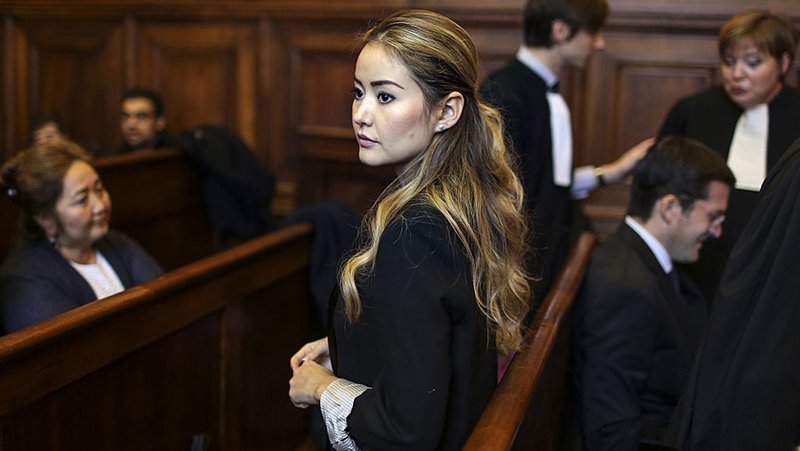
Madina Khrapunov, wife of Ilyas Khrapunov, also allegedly obtained CAR diplomatic passports. Credit: Philippe Merle/Getty
Where do you turn when your family is wanted for a litany of financial crimes spanning three continents? The Central African Republic fit the bill for Ilyas and Madina Khrapunov – who, according to investigative outfit McClatchy - reportedly secured unusual diplomatic posts representing the Central African Republic in Geneva. After his family were accused of stealing billions from Kazakhstan’s national bank, Ilyas Khrapunov embarked on a globe-trotting escape comparable only to that of Leonardo Di Caprio in Catch Me if You Can. During this trip, he made a few customary stops, including one in the US, where he allegedly laundered money through Trump condos. Having had his Kazakh citizenship revoked, the international kleptocrat of the century maintains his wanted status is the result of political persecution. Of course, it has nothing to do with the billions he owes to banks and nations around the world.
Arkadi Gaydamak
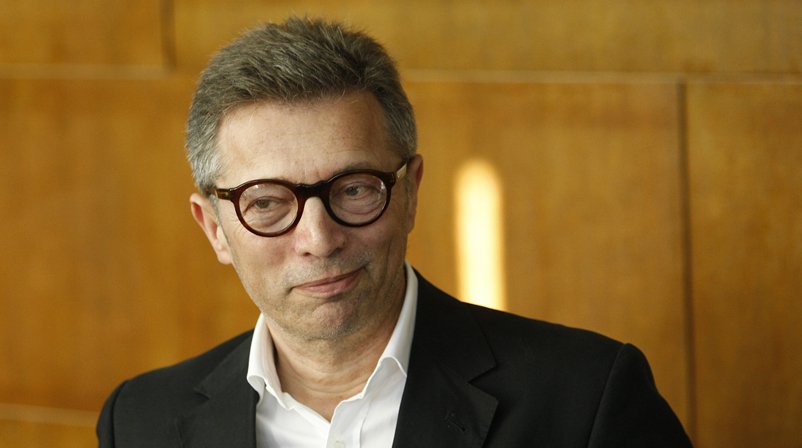
International arms dealer, convicted money launderer and Angolan diplomat, Arkadi Gaydamak. Credit: Gil Cohen Magan/Getty
As an international arms dealer and convicted money launderer, the fact that an individual like Gaydamak can wield any power in the sphere of international politics is a good analogy for the state of the world; it isn’t great. Unfortunately, the Angolan government didn’t share this sentiment and awarded Gaydamak a diplomatic passport in the 1990s as a thank you for facilitating arms deals during the country’s civil war. In the early 2000’s, this appointment paid off and the Angolan president of the time saved Gaydamak from fraud charges. Unfortunately for the arms dealer, this deal was no longer on the table in 2015 when France sentenced him to a prison term for tax evasion.
Despite the individuals listed here often appearing comical in their criminality, the abuse of diplomatic passports and the freedom they bring is far from funny. If the likes of corrupt arms dealers, international embezzlers and suspected drug traffickers are immune to prosecution, there’s something wrong. The fact that the rich and powerful can buy protection is shaping the world we live in. Global Witness campaigns to expose and break the systems by which they do this, making the world safer, fairer and more equal.
